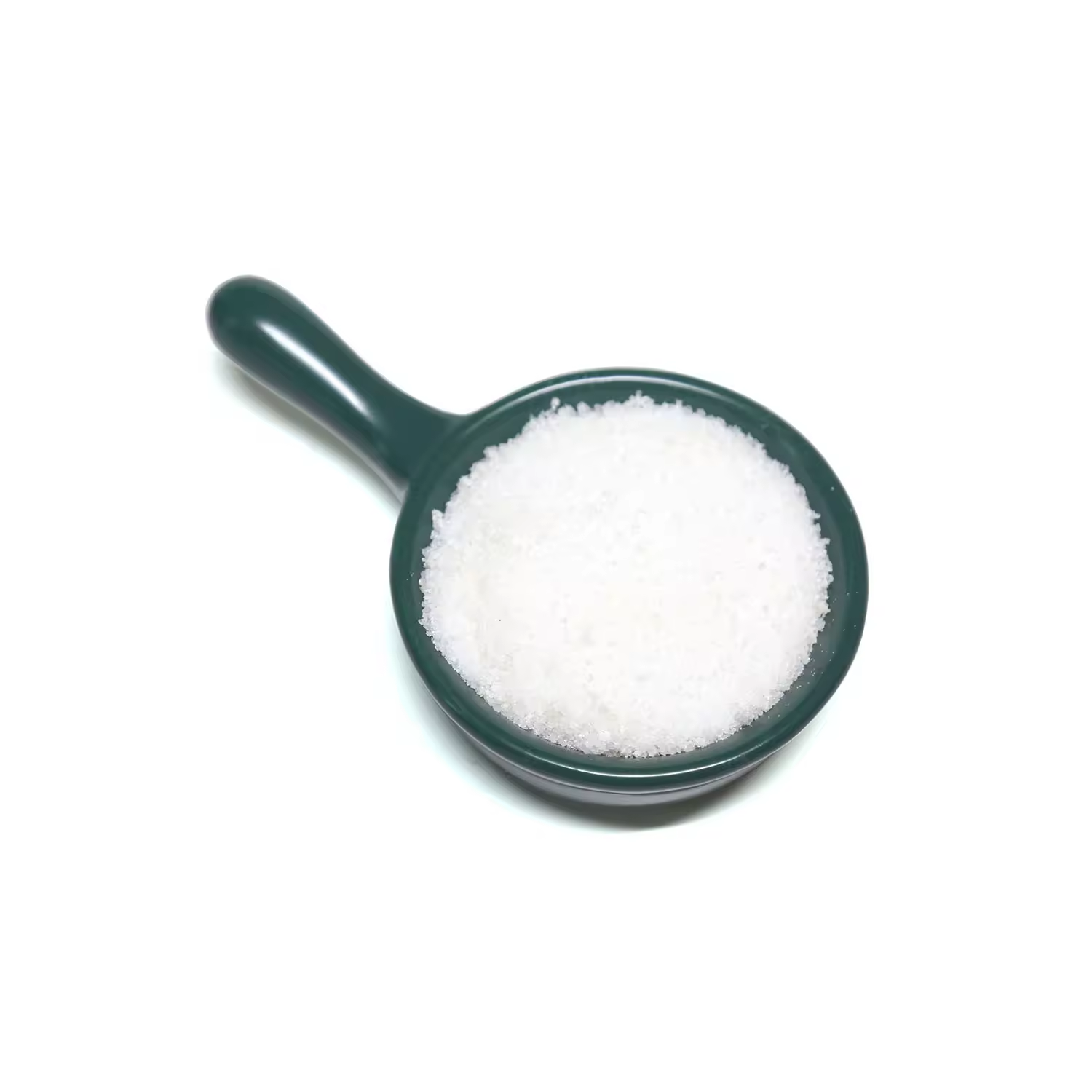-
Categories
-
Pharmaceutical Intermediates
-
Active Pharmaceutical Ingredients
-
Food Additives
- Industrial Coatings
- Agrochemicals
- Dyes and Pigments
- Surfactant
- Flavors and Fragrances
- Chemical Reagents
- Catalyst and Auxiliary
- Natural Products
- Inorganic Chemistry
-
Organic Chemistry
-
Biochemical Engineering
- Analytical Chemistry
-
Cosmetic Ingredient
- Water Treatment Chemical
-
Pharmaceutical Intermediates
Promotion
ECHEMI Mall
Wholesale
Weekly Price
Exhibition
News
-
Trade Service
N-(1-Naphthyl)-N-phenyl-4-bromoaniline is an organic compound that is widely used in the chemical industry for various applications.
The compound is also known by its chemical formula C18H12BrClN, and it is commonly abbreviated as N1N2B.
This article will discuss some of the key applications of N1N2B in the chemical industry.
One of the most significant applications of N1N2B is in the production of dyes and pigments.
The compound is used as a raw material in the synthesis of azo dyes, which are widely used in textile industry for coloring fabrics.
N1N2B is a precursor in the synthesis of the popular dye Direct Blue 71, which is used to dye cotton, silk, and wool.
The compound is also used in the production of other azo dyes such as Direct Red 81, Direct Yellow 86, and Direct Violet 40.
Another application of N1N2B is in the production of pharmaceuticals.
The compound is used as an intermediate in the synthesis of some drugs.
For example, it is used in the production of the anti-inflammatory drug Meloxicam, which is used to treat pain and inflammation in various diseases.
N1N2B is also used in the synthesis of some anticonvulsant drugs, antidepressants, and anti-cancer drugs.
N1N2B is also used in the production of various polymer products.
The compound is used as a catalyst in the polymerization of vinyl chloride to produce polyvinyl chloride (PVC), which is widely used in the manufacture of plastic pipes, vinyl siding, and window frames.
N1N2B is also used in the production of polyethylene terephthalate (PET), which is used to produce plastic bottles and fibers.
N1N2B is used in the production of various other chemicals as well.
For example, it is used in the synthesis of pyridine derivatives, which are used as catalysts in the production of polyurethanes and other chemicals.
N1N2B is also used in the synthesis of various sulfur compounds, such as thiourea and thiocyanate, which are used in the production of fertilizers, medicines, and other products.
In addition to the above applications, N1N2B is also used in the production of various other chemicals and products.
For example, it is used in the production of cosmetics, such as hair dyes and sunscreens, and in the production of food additives, such as coloring agents and flavoring agents.
Overall, N1N2B is an important chemical compound that is widely used in the chemical industry for various applications.
Its use in the production of dyes and pigments, pharmaceuticals, polymers, and other chemicals has made it an essential raw material for many industries.
As research continues, it is likely that new applications for N1N2B will be discovered, further expanding its importance in the chemical industry.







